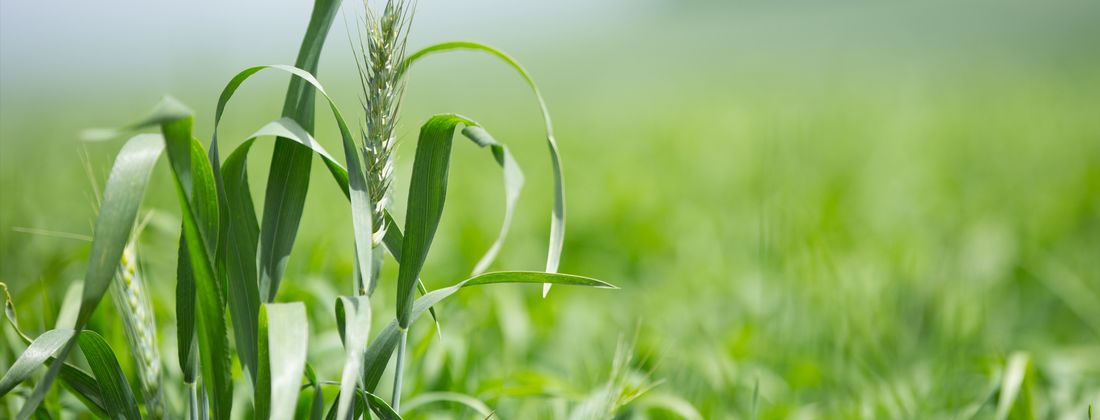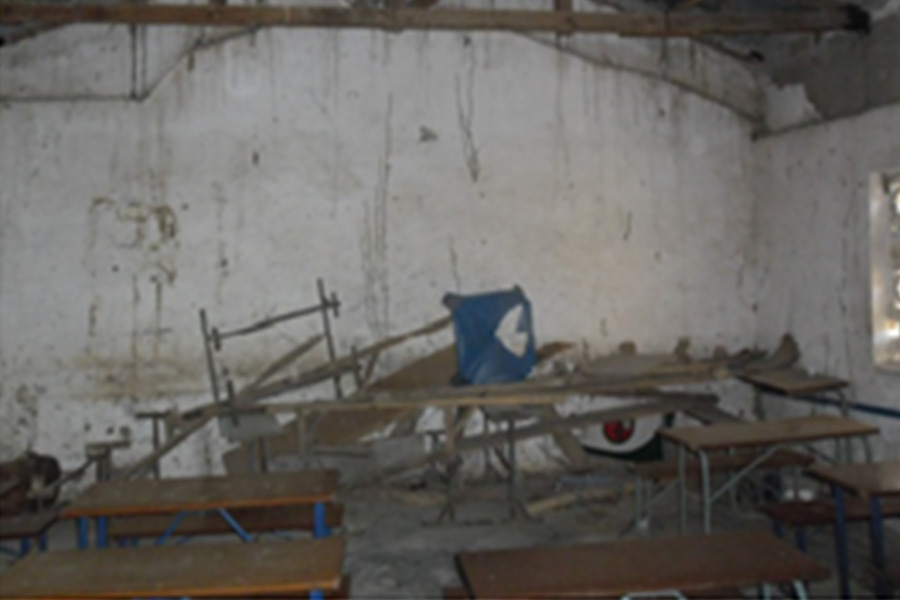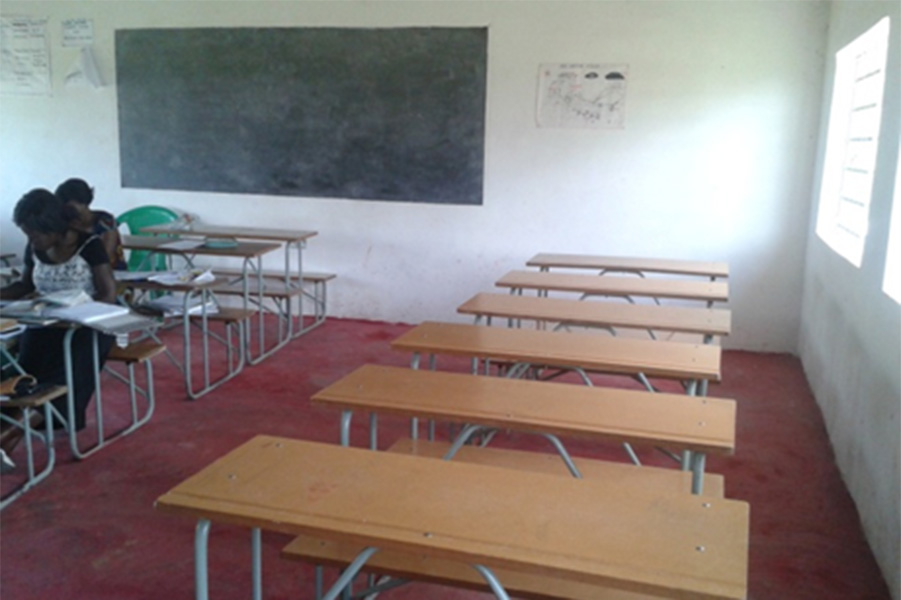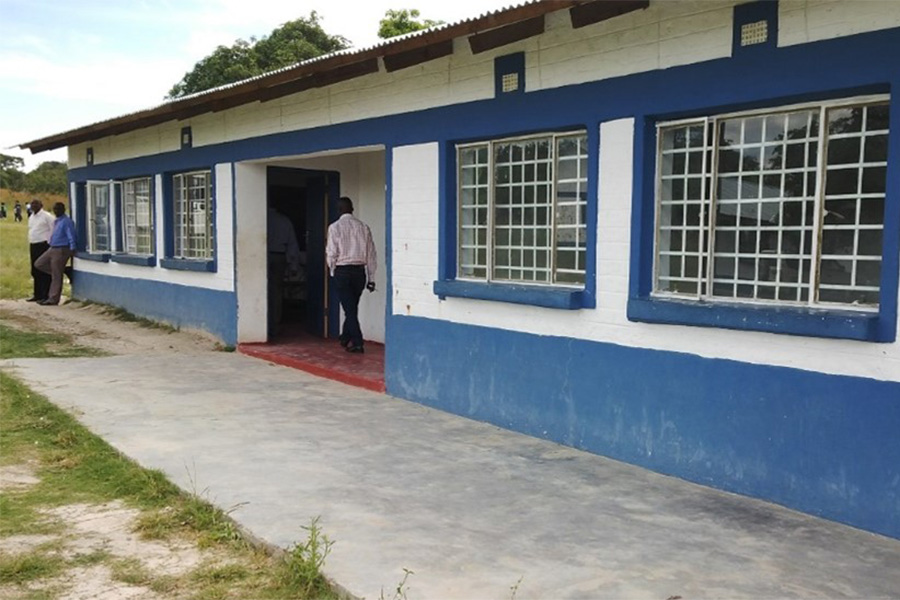
Country: Zambia
Type of investment: Wheat, maize and soy farm
Use of Proceeds: Irrigation equipment, land and ancillary equipment
Financial close: October 2011
Tenor: 5 years + extended by additional 5 years
Type of Investment: Capital Expenditure Financing
S&E Category: B
In October 26th, 2011, AATIF made its first investment of USD 10m into the Zambian maize, wheat and soya bean farming operation - Chobe Agrivision, which is part of the larger Agrivision Africa agribusiness. Agrivision Africa is a vertically integrated agribusiness focused on cultivating and processing staple food crops in Zambia. The company operates out of two farming hubs, namely Mkushi (Central Province) and Somawhe (Copperbelt Province). While the business started off as a pure grower of maize, wheat and soy it has over the years forward integrated and now includes local processing operations.
AATIF’s investment supports the operations of Chobe Agrivision by increasing its local production and processing capacities thus enabling it to contribute to local food security both in Zambia and in the Democratic Republic of Congo where 15% of its produce is being sold. Further, the investment puts a keen focus on quality employment by providing quality housing to permanent staff, hiring employees from local universities, providing on the job training and further promoting highly skilled employees to farm managers from within its own workforce.
Lastly, a critical component of AATIF's’ funding was the long-term tenor (10 years in total) which is crucial for such farming operations, but often still not accessible through local financial institutions. Patient capital like this can enable farming operations to sustainably grow local production, overcoming periods of drought which are common in this region.
Technical Assistance Project Highlight
School rehabilitation and acquisition of school bus for transport of farmers’ children from Agrivision farm premises to school
Challenge: The Katuba community school had insufficient and run-down facilities to accommodate the number of school children in its catchment area, including those who come from the Agrivision farm premises. The school had no electricity and was regularly flooded during rainy season. School children from Agrivision had to walk three hours (8 km) to and back from school.
TA Project: Co-financing of school rehabilitation and acquisition of school bus for transport of farmers’ children from Agrivision farm premises to school.
Result: Attendance rate and performance of pupils has improved. Number of enrolled school children from Agrivision farm premises – also from neighboring villages – has increased.



Photo credits: Chobe Agrivision

Primary agricultural production
5,772
Hectares of soya
cultivated in Mkushi and Somawhe farms
3,494
Hectares of wheat
cultivated in Mkushi and Somawhe farms
782
Hectares of maize
cultivated in 2018 in Mkushi and Somawhe farms

Local processing
70,000
MT Annual processing capacity for maize
26,000
MT Annual processing capacity for wheat

Number of employees
190
Female employees for Somawhe, Mkushi and Mpongwe Mill
900
Male employees for Somawhe, Mukshi and Mpongwe Mill
Chobe Agrivision has a workforce of 1,090 employees, with 190 female employees (18%) and 900 male employees (82%). Of the female employees, 48 are fixed term workers while 142 are casuals, while of the male employees, 555 are fixed term workers and 345 are casuals.

TECHNICAL ASSISTANCE FACILITY
The TA Facility has supported Agrivision Zambia through the implementation of four TA projects in total since 2012, this includes one rapid appraisal study to assess the impact of the AATIF investment. The results are concluded in the IMPACT Brief.
TA Facility Projects
2012
Financial contribution to rehabilitation of Katuba village school and procurement of two school buses
2014
Rapid appraisal study of the AATIF investment in Agrivision Zambia
2015
Katuba school terminal review
2016
Mitigation measures against alcohol abuse on Chobe Farm premises
-
(295.1 KiB)
- Figures are based on latest available self-reported data by investees and data collected by AATIF’s collaboration partners
- Figures are subject to change as and when additional information becomes available
- Figures reported here are not replacing rapid appraisals / impact evaluations that are done in addition

